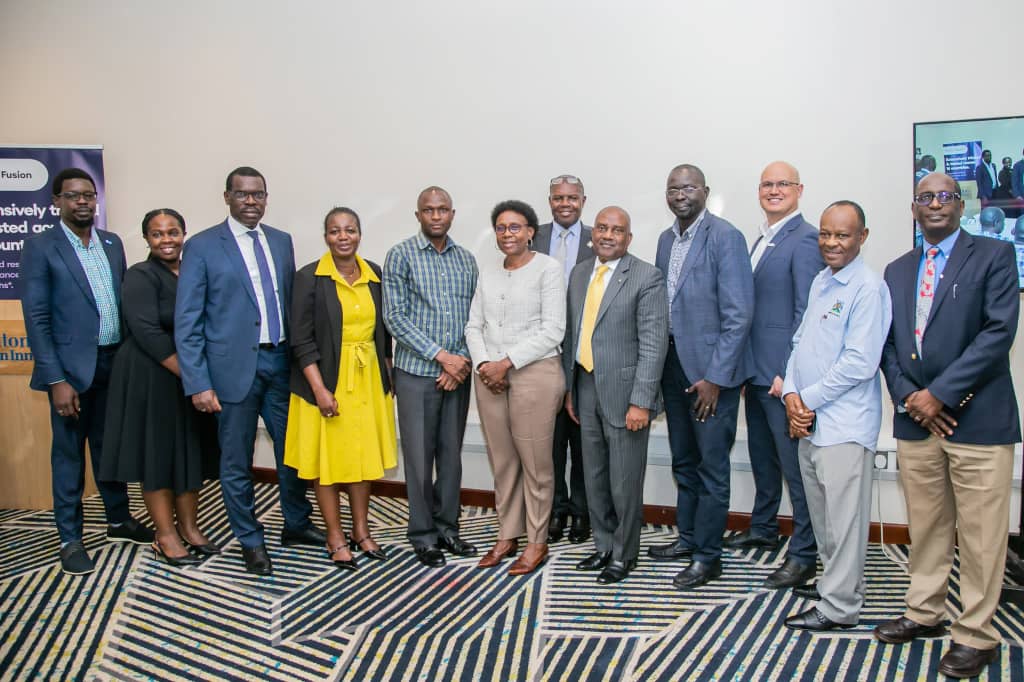
Kampala, Uganda – Honorable Dr. Jane Ruth Aceng Ocero, Lira City Woman Member of Parliament and Uganda’s Minister for Health, has officially launched a report on the progress and impact of Indoor Residual Spraying (IRS) as a key intervention in the fight against malaria in Uganda. During the dissemination event, Dr. Aceng highlighted the Ministry of Health’s commitment, alongside partners, to address the persistent malaria burden affecting millions, especially women and children who are most vulnerable.
The IRS program, initiated to control malaria transmission by spraying long-lasting insecticides inside households, is a core element of Uganda’s Malaria Strategic Plan. The strategy prioritizes high-burden districts, with IRS implemented in 20 districts, including nine in West Nile, two in Lango, two in Teso, and seven in the Bukedi region. Collectively, this intervention protects approximately 6.7 million people, or around 15% of the Ugandan population.
In her address, Dr. Aceng underscored that malaria remains one of the leading causes of morbidity and mortality in Uganda, particularly affecting young children and women. According to her, comprehensive IRS efforts have shown encouraging results in reducing malaria prevalence, thanks to the support from key partners such as the Global Fund and USAID’s President’s Malaria Initiative (PMI). Uganda has implemented IRS consistently since 2009, but the focus on high-burden regions allows for a more targeted and efficient approach in reaching those most at risk.
Malaria remains a public health challenge for Uganda, claiming countless lives each year, and creating an economic strain, particularly in low-resource communities. “We are committed to ensuring the protection of Ugandans from malaria, and IRS is a critical tool in this mission,” Dr. Aceng stated. “Through collaborative efforts and sustained investment in preventive measures, we can substantially reduce malaria cases and deaths.”
The newly disseminated report provides evidence on IRS effectiveness in decreasing malaria transmission rates, which is particularly essential in the face of limited resources. Dr. Aceng emphasized that with continued support from local communities, government bodies, and international donors, Uganda can move closer to eliminating malaria as a public health threat.
The Minister for Health closed the event by calling for strengthened commitment from all stakeholders to scale up IRS and other malaria control strategies. With ongoing interventions and targeted approaches, Uganda aims to achieve significant reductions in malaria cases, contributing to a healthier, more resilient population.